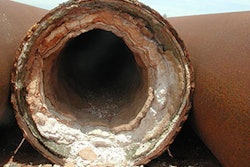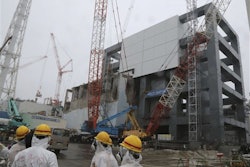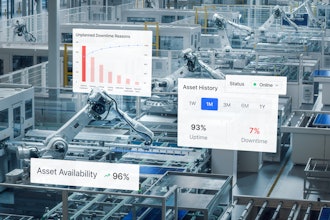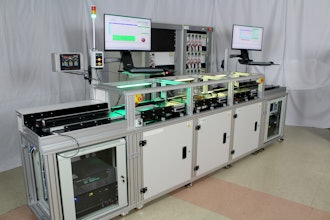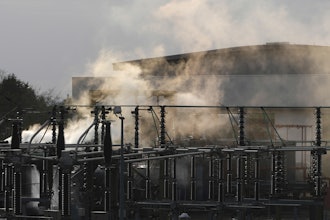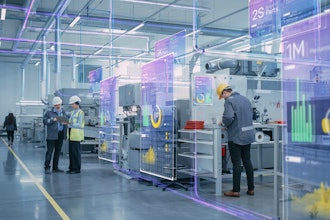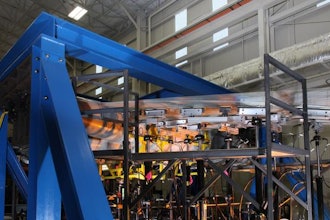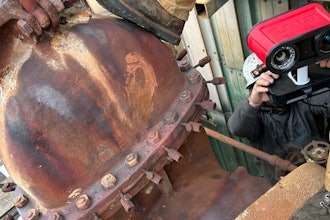Boise, Idaho — Monsanto Co. has agreed to pay $600,000 in fines for not reporting hundreds of uncontrolled releases of toxic chemicals at its eastern Idaho phosphate plant.
The U.S. Environmental Protection Agency and the U.S. Department of Justice on Thursday announced the agreement involving the biotechnology company's Soda Springs facilities.
Federal officials say the chemicals released are hazardous and can pose serious health risks. Monsanto in a statement noted there were no allegations that the releases exceeded state of federal standards, or that they contributed to any known health concerns in the Soda Springs area.
Federal officials said the releases occurred between 2006 and 2009, with the plant emitting hydrogen cyanide, sulfur dioxide, nitrogen oxides and mercury. Companies are required by law to report such releases immediately.
"Each of these chemicals are hazardous and can pose serious health risks to workers and the community if mishandled or released in an uncontrolled manner," federal officials said in a statement.
The Soda Springs facilities are operated by P4 Production LLC, a wholly owned Monsanto subsidiary. The company said it reconciled differences with the EPA, some as early as 2009, and received the EPA's violation notice in May 2011.
"The protection of our employees, public health and the environment is always our No. 1 priority," said Roger Gibson, P4's vice president of operations. "As a long-time neighbor within the Soda Springs community, we care deeply about public health and the quality of our air, land and water, and we are committed to complying fully and transparently with all applicable laws and regulations."
Suzanne Powers, a compliance officer with the EPA, said the company came into compliance by reporting the releases that continue to occur. But instead of reporting on a daily basis, she said, the company has obtained a type of continuing release report, good for a year.
As for the chemicals being released, she said "they fall through the crack a little bit in terms of the Clean Air Act and how they're regulated."
That's because several of the chemicals aren't considered priority pollutants, EPA spokesman Mark MacIntyre said.
Monsanto has worked to improve air pollution controls at the plant, the company notes on its website, installing devices in 1987 and 2006 to limit emissions.
Several companies mine phosphate ore in southeastern Idaho. Monsanto refines the material that is then used to make a variety of products, including herbicides, fire retardant and aviation fluids.





